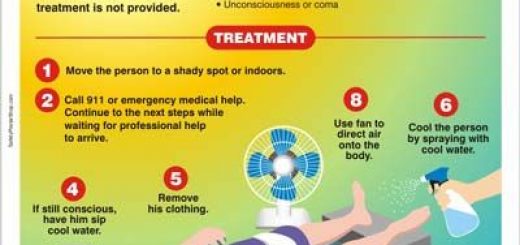First aid for Bipolar Disorder
Bipolar Disorder otherwise known as manic depressive disorder is a mental health illness where patients experience periods of extreme elation or mania and periods of depression hence the term ‘bipolar’. It effects approximately 1/100 people.
Symptoms depend on whether the individual is going through a manic or depressive episode:
Manic episode
Individual is extremely euphoric which is not in keeping with what is going on in reality, they may talk extremely fast, seem frantic or restless and struggle to sleep, if at all.
Sometimes manic episodes lead to people spending large amounts of money that they can’t afford on their credit cards or believe they truly are an A list celebrity and lead a celebrity life. They can perform acts that they wouldn’t otherwise do as they may be having delusions where they interpret the world in a distorted way which affected judgements.
Depressive Episode
Person is withdrawn, low in mood, tearful, disturbed sleeping pattern, tired/lethargic, may even have suicidal thoughts.
As you can see from this graph, a person suffering from bipolar disorder (orange line), may fluctuate frequently between manic and depressive episodes and being at a stable baseline (blue). Some individuals may only seem to suffer manic episodes, whereas others may only suffer depressive ones. These episodes usually last a few of days, but can last for weeks.
Treatment for patients with bipolar involves medication to stabilise their mood – ‘mood stabilisers’. This aims to bring about a stable baseline (blue line) alike a non-sufferer. It’s important the baseline isn’t flat as shown above as we all go through times where we’re happy or sad, we’re never just a flat line, we need to react to our environment.
How to help someone suffering from a manic episode
- Call for help – They need professional help from a psychiatrist.
- Try not to tell them they’re wrong or that they’re making it up. These individuals in this position truly believe that what they say is right, telling them that they in fact haven’t won the lottery and that they’re ill could make them agitated.
- Instead ask them why they think they’ve won the lottery? Who have they told about it? What are they planning on doing with it? Keep them talking.
- Keep them safe – As these individuals are interpreting the world differently it is important to protect them, even if it’s trying to convince them not to spend any more money.
- Maintain their dignity – These individuals can sometimes be found in embarrassing situations with people watching and staring. Try to take them somewhere quiet.
- Break the stigma -There are millions of individuals living with bipolar disorder who are completely well. If you’re looking after a patient who suffers from bipolar disorder who isn’t having a bipolar episode, treat them as a normal individual.
Tips on how to talk to someone suffering from depression can also be found on our website.






